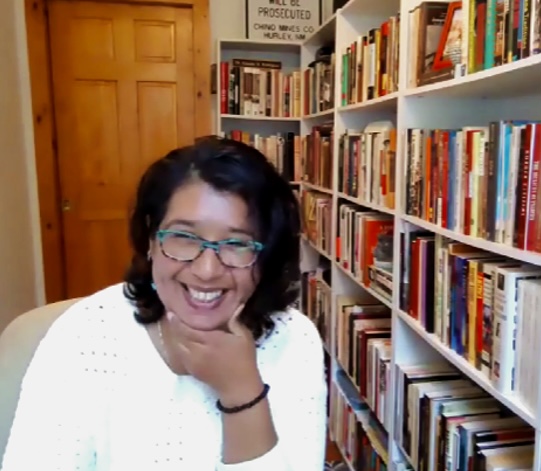In February 2014, a group of professors met at the National Association of Chicano Chicana Studies Tejas Foco in San Antonio, Texas to discuss strategies for commemorating the centennial of the period of widespread, state sanctioned anti-Mexican violence on the Texas-Mexico border (1910-20). In collaboration with Texas residents who have conducted research and maintained invaluable archives, Refusing to Forget is a multifaceted project that seeks to incite public conversations through efforts such as: museum and online exhibits, historical marker unveilings, lectures, and curricular materials for public school teachers. Our team has worked with state institutions like The Bullock Texas State History Museum and the Texas Historical Commission. We have been published in national news outlets such as The New York Times, The Washington Post, and NBC News, as well as local outlets like The San Antonio Express-News, Austin-American Statesman, and The Houston Chronicle.
Read more about our project and see other publications where we have been quoted.









